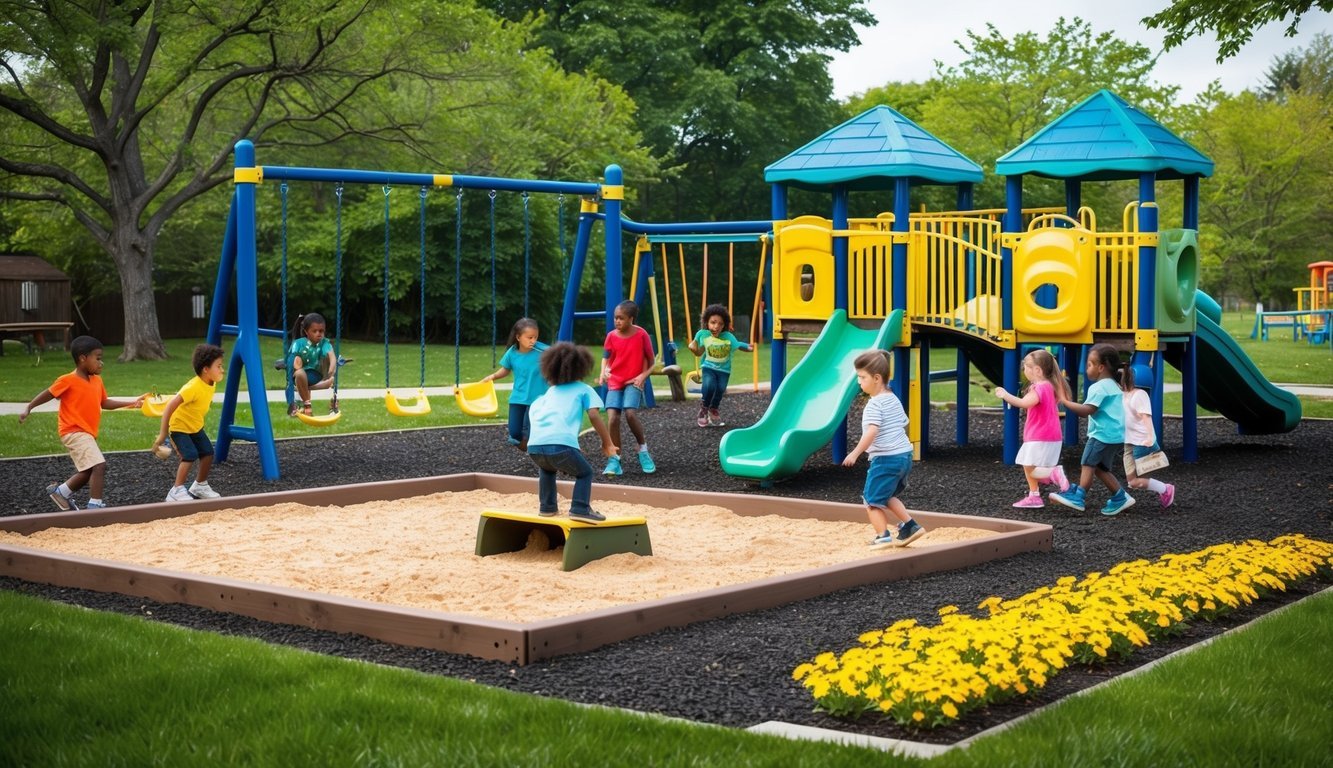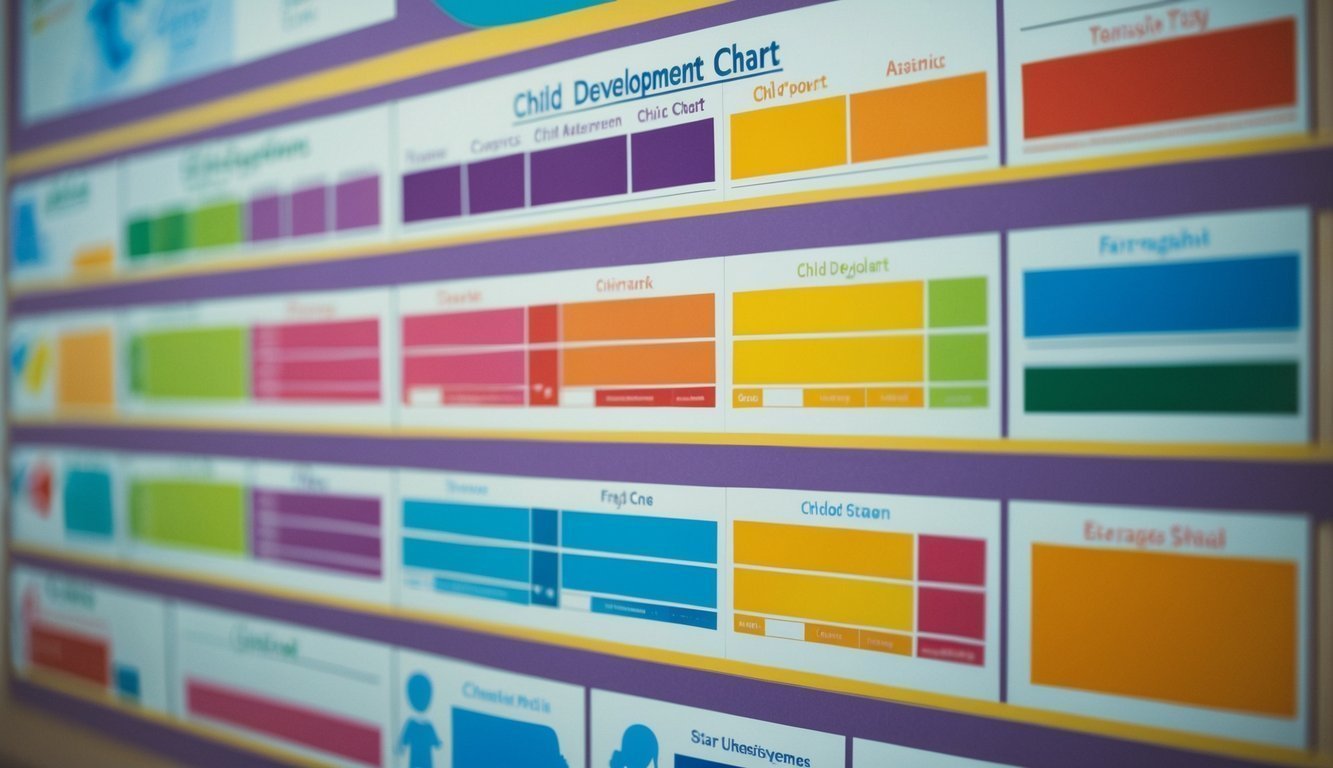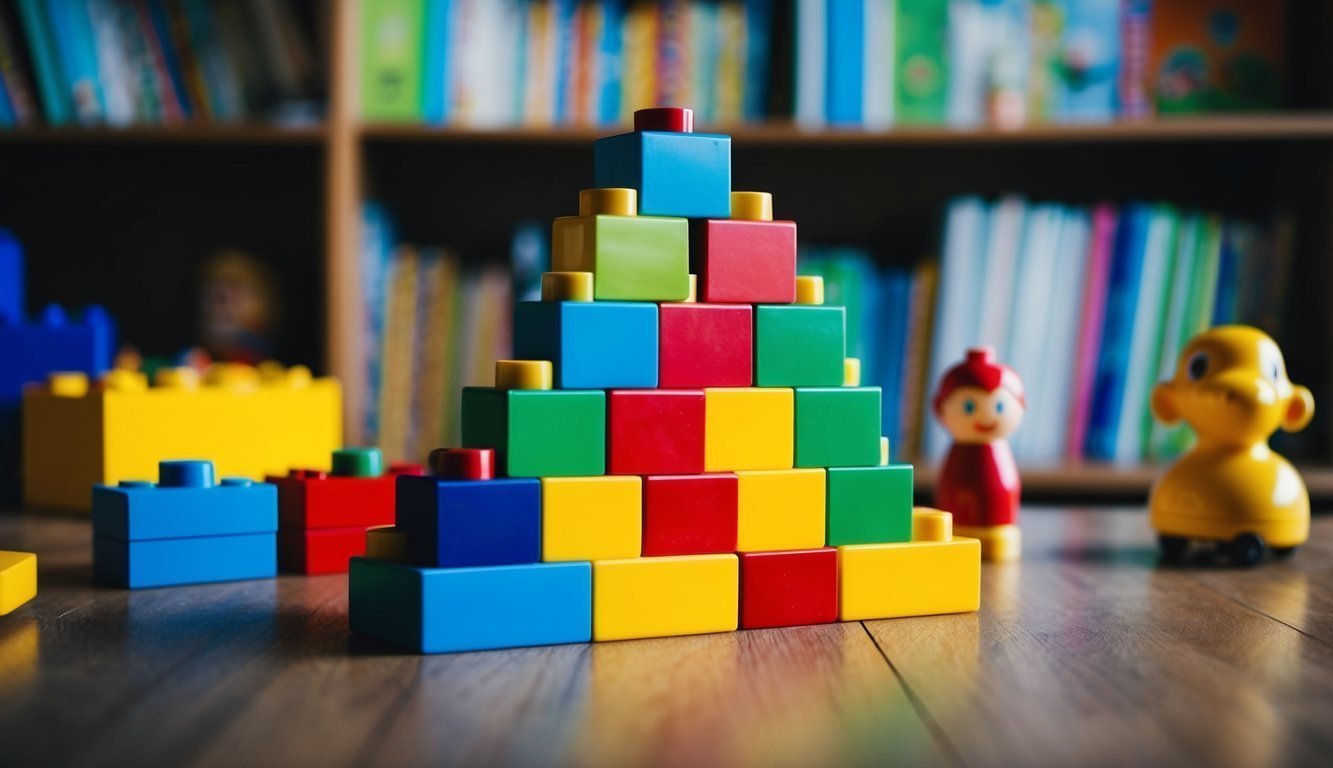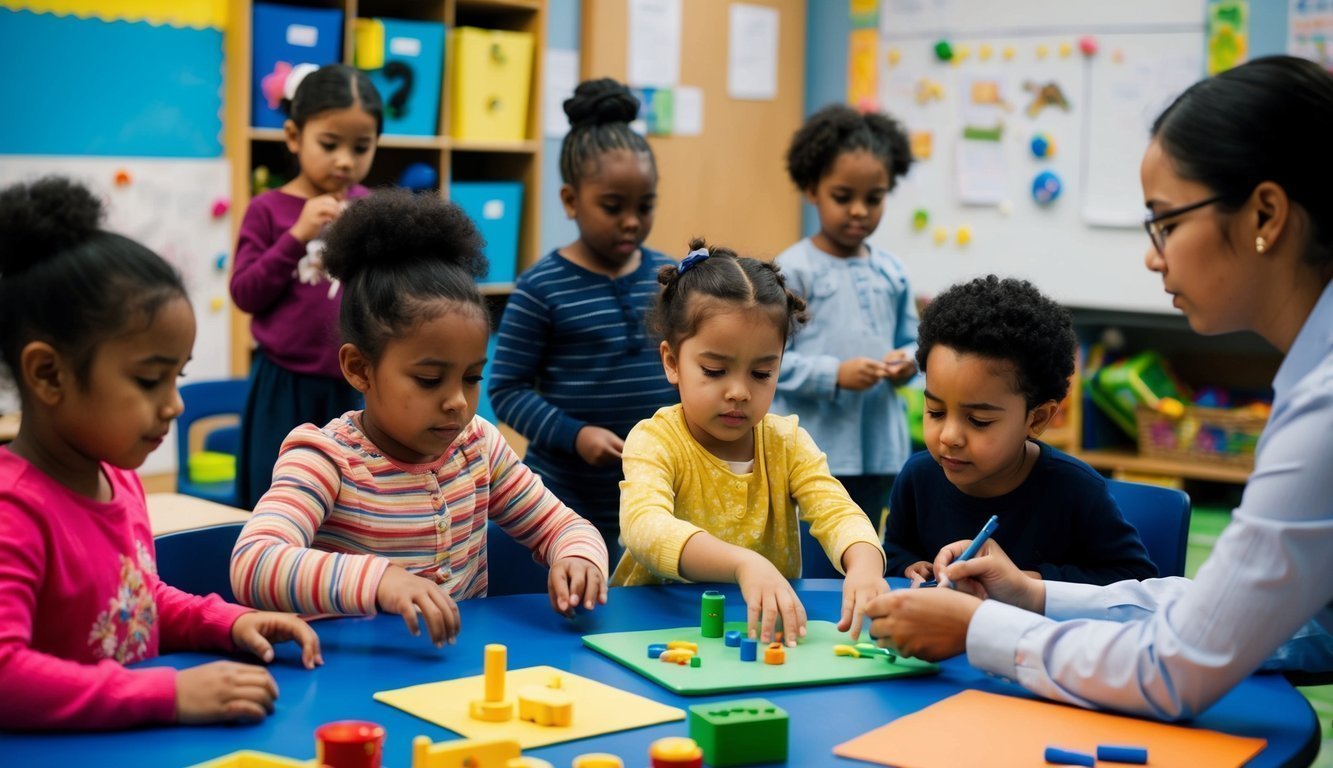Physical Address
304 North Cardinal St.
Dorchester Center, MA 02124
Physical Address
304 North Cardinal St.
Dorchester Center, MA 02124
Child development encompasses physical, cognitive, language, and social-emotional growth, influenced by early experiences, environmental factors, and societal support systems throughout infancy to adolescence.

Child development involves multiple critical domains that influence a child’s growth from infancy through adolescence.
These foundational areas interact with one another, impacting a child’s overall development and future outcomes.
Physical development refers to changes in body size, strength, and motor skills.
Infants transition from reflexive actions to deliberate movements like reaching and grasping.
Are you tired of spinning your wheels and getting nowhere? Simply put, you’re out of sync: you’re out of alignment with your astral configuration.
But: there’s a kind of map that can help you reclaim your alignment. Think of it as your own personal blueprint to success and happiness: a blueprint that will help you live your most amazing life.
Get started here.
Toddlers develop gross motor skills such as walking and running, while fine motor skills develop as children begin to handle smaller objects.
Experiences in early childhood play a vital role in physical growth.
Adequate nutrition, sleep, and physical activity are essential for healthy development.
Regular check-ups are important for monitoring developmental milestones.
Engaging in physical activity enhances children’s health by strengthening muscles and bones, boosting cardiovascular fitness, and improving coordination.
Promoting active play while limiting screen time supports optimal physical growth.
Cognitive development pertains to the evolution of mental processes such as thinking, reasoning, and problem-solving.
Infants start to grasp cause-and-effect relationships, while toddlers develop an understanding of object permanence and engage in symbolic thinking.
As children mature, they develop a range of complex cognitive skills:
Research in neuroscience underscores how early experiences influence brain development.
Environments that are stimulating alongside responsive caregiving foster cognitive growth.
Educational activities and play-based learning are crucial for cognitive development throughout childhood.
Language development happens rapidly during early childhood.
Infants start by cooing and babbling, and by their first birthday, most children can articulate their first words.
Vocabulary expands significantly during toddler years.
Key milestones in language development typically include:
Reading to children is beneficial for language acquisition as it exposes them to new vocabulary and sentence structures.
Regular conversation with children further enhances their language skills.
Bilingual environments can foster cognitive flexibility.
Children exposed to multiple languages often show greater problem-solving skills.
Social-emotional development focuses on recognizing and managing emotions, forming relationships, and interacting with others.
Infants develop attachments to their caregivers, while toddlers start to express independence and experience a range of emotions.
As they grow, children learn:
Positive parenting practices nurture healthy social-emotional development.
Responsive parenting makes children feel secure and appreciated.
Modeling appropriate behaviors guides children in navigating social interactions.
Interactions with peers are key to social development; through play, children learn to share, take turns, and cooperate.

Monitoring a child’s development requires different methods and tools to ensure healthy progress.
Parents and healthcare professionals collaborate to track development and identify potential concerns early on.
Developmental screenings are essential for evaluating a child’s progress.
Typically conducted during well-child visits, these screenings involve standardized questionnaires or observations.
Pediatricians employ validated screening tools to assess various developmental aspects, including motor skills, language development, and social-emotional growth.
These screenings can identify potential delays or areas requiring further evaluation.
Early detection facilitates timely intervention and support.
Milestone checklists are effective tools for parents and healthcare providers, detailing expected developmental achievements at specific ages.
These checklists encompass physical, cognitive, and social-emotional development, helping parents monitor their child’s progress between medical visits.
The Centers for Disease Control and Prevention’s “Learn the Signs.
Act Early” program provides extensive milestone checklists, assisting parents in recognizing typical developmental patterns and possible concerns.
If screenings or observations suggest concerns, a developmental evaluation may be warranted.
Conducted by child development specialists, this thorough assessment provides insights into a child’s strengths and challenges.
Evaluations may incorporate:
This comprehensive analysis aids in assessing whether interventions are necessary and helps guide treatment plans.
Pediatricians and family physicians are integral in developmental monitoring, overseeing children’s growth and development over time.
Healthcare providers:
They also make referrals for further evaluations when required.
Continued communication between parents and healthcare professionals is crucial for effective monitoring of development.

A child’s development is significantly influenced by their environment and social context.
Environmental factors and societal influences are pivotal in shaping cognitive, emotional, and social growth.
Early childhood education lays the groundwork for lifelong learning and development. High-quality early education programs can improve cognitive abilities, social skills, and school readiness.
Such programs often emphasize:
Children who attend preschool or organized early learning settings frequently show advancements in:
Early education also nurtures independence and curiosity, equipping children for future academic challenges.
Both the physical and social environment have a major effect on child development. Key environmental influences include:
A stimulating home environment filled with books, educational toys, and interactive activities fosters cognitive growth.
Safe, clean neighborhoods with green areas contribute to physical health and social opportunities.
Exposure to toxic stress due to poverty, violence, or neglect can impede brain development and emotional management.
On the other hand, positive factors can promote resilience and adaptability in children.
Societal norms and support frameworks greatly influence child development.
Cultural values shape both parenting approaches and developmental objectives.
Support systems, such as:
These systems provide essential resources, guidance, and emotional backing for families.
Societal expectations concerning education and behavior may inspire children yet can also impose undue pressure.
The Society for Research in Child Development emphasizes the necessity of understanding how societal dynamics interplay with individual characteristics to shape development.

Child development presents distinct challenges for certain children, necessitating specialized educational, treatment, and support strategies from professionals across various fields.
Special education addresses the unique educational requirements of children with disabilities. Individualized Education Programs (IEPs) are customized to meet each child’s specific needs.
These plans outline objectives, necessary accommodations, and support services.
Special education teachers utilize various strategies to help children succeed academically and socially, including:
Educational psychologists play a key role in evaluating children’s educational needs and suggesting suitable interventions.
They collaborate closely with parents and teachers to create a supportive learning environment.
Developmental disabilities encompass a variety of conditions affecting a child’s physical, cognitive, or emotional growth.
For example, Fragile X syndrome is a genetic disorder that can lead to intellectual and behavioral challenges.
Common developmental disabilities include:
Early detection and intervention are vital for children facing developmental disabilities.
Routine screenings and assessments help in spotting potential issues and shaping treatment strategies.
Addressing developmental challenges typically requires a multidisciplinary approach.
Clinical psychologists, psychiatric social workers, and child psychiatrists collaborate to formulate comprehensive treatment plans.
Evidence-based interventions are essential for tackling developmental complications.
These approaches may encompass:
Involving family members is critical in the treatment process.
Parents and caregivers are often coached to implement strategies at home, reinforcing the progress made during therapy.
In certain cases, medication may be indicated, especially for conditions such as ADHD or anxiety disorders.
However, this is approached cautiously, factoring in the child’s age and specific needs.

Recent scientific advancements have transformed our understanding of child development.
Insights from neuroscience, evidence-based practices, and new trends are shaping the field like never before.
Neuroscience has significantly advanced our understanding of child development. Brain imaging technologies enable researchers to observe neural activity in real-time, shedding light on cognitive and emotional processes.
This research has identified critical periods for skills like language acquisition and emotional regulation.
Specific brain regions linked to various developmental milestones have been identified, guiding more targeted interventions.
Neuroscience findings have also emphasized the impact of early experiences on brain structure.
This understanding has fostered the development of more effective early childhood programs and parenting methods.
The child development field is increasingly adopting evidence-based practices.
Robust research methodologies have improved the reliability and validity of developmental milestone checklists.
Large-scale studies by organizations like the Society for Research in Child Development have yielded significant data on normative growth across diverse populations, aiding professionals in accurately identifying developmental delays.
Effective evidence-based interventions targeting various developmental disorders have shown promising outcomes.
For example, early intensive behavioral interventions for autism spectrum disorders have led to considerable improvements in social and communication skills.
Technological innovations are set to reshape research and practice in child development.
Virtual reality and augmented reality tools are being designed for innovative assessments and enhancements of cognitive skills.
Artificial intelligence and machine learning technologies are improving the precision of developmental assessments.
These tools can analyze significant amounts of data to uncover subtle patterns and forecast developmental trajectories.
Personalized interventions based on both genetic and environmental components are on the horizon.
This approach promises to customize support strategies to match each child’s unique circumstances.
The integration of technology in interventions is also expanding access to services, especially in underserved regions.
Teletherapy and mobile applications are increasing worldwide access to developmental support for families.
“`